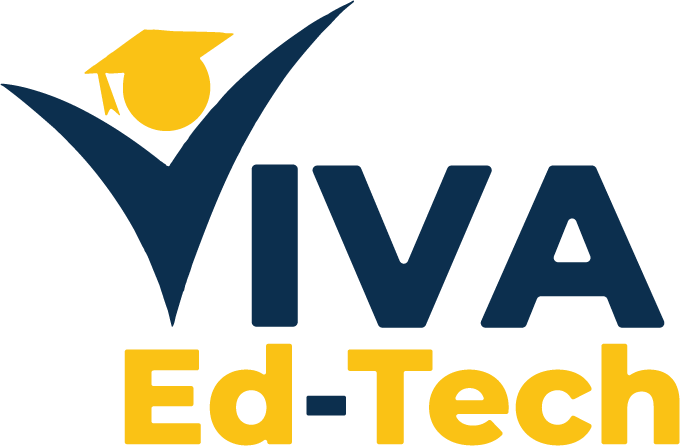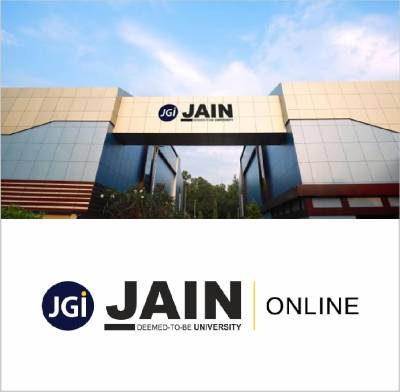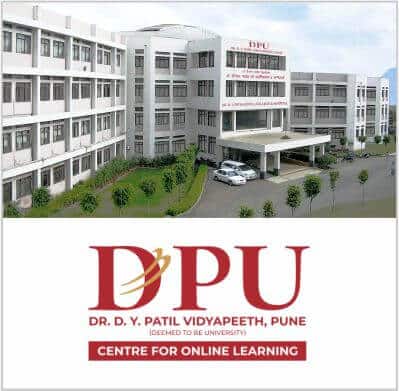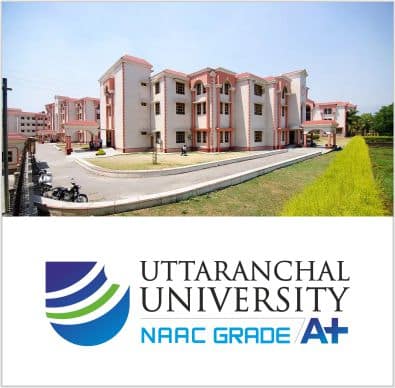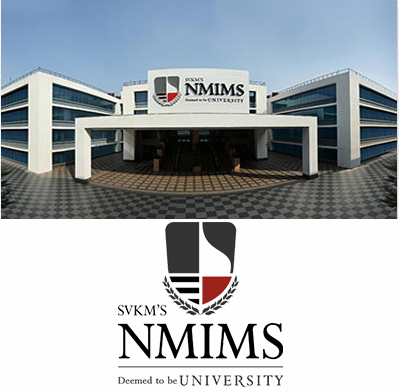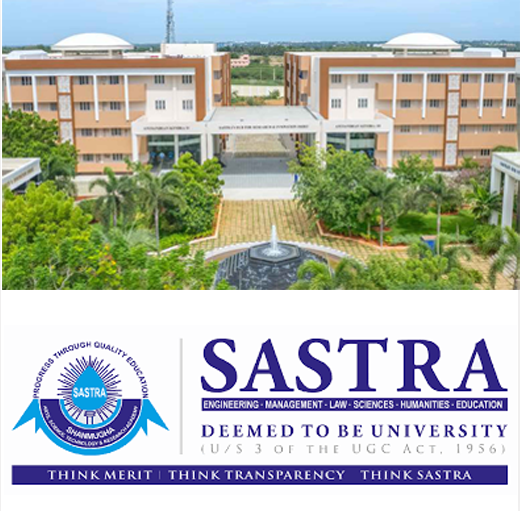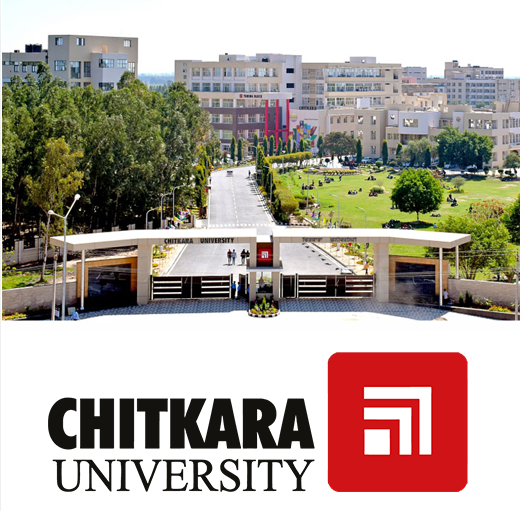India’s Top Reliable
DISTANCE EDUCATION COLLEGES
Making Distance & Online Degrees Simple and Accessible.





Enquire Now
Get 100% Free Counseling
About Viva Edtech
Viva Edtech is a leading name in India’s distance education landscape, known for its commitment to delivering high-quality, flexible learning experiences. With a focus on academic excellence and professional relevance, Viva Edtech offers learners across the country access to top-tier education—anytime, anywhere.
This milestone reflects Viva Edtech’s dedication to redefining distance learning by combining advanced technology, expert faculty, and industry-driven content to empower learners and set new standards in education.





Learn from the Leaders – ZICA & DIDM Now at Viva

Students Enrolled
Join a thriving community
of learners!

Counseling Experts
Join a thriving community
of learners!

Top Universities
Join a thriving community
of learners!

Years Experience
Join a thriving community
of learners!
Recommended Online & Distance Education Universities
Explore the information for higher education through distance/online University in India
Recognition & Approvals




Top Universities Online & Distance UG/PG Programs
Chandigarh University
Uttaranchal University
Jamia Hamdard University
Amity University
D. Y. Patil University
NMIMS University
Have Any Doubt?
Meet Our Skilled Counseling Experts
Choose a mode that suits you best – chat, call, or video. we’re here to offer counseling in the way that works for you.

Frequently Asked Questions
Is Distance Education Degree Vaild in India?
A lot of people ask this question when they are not clear about the distance education degrees. This distance education degree is definitely one of the flexible and cost effective mode of education, if you want to pursue your education outside of the classroom sessions. The first thing you should know is whether a distance education degree program in India is valid or not. Since distance education degree programs are provided by different colleges and universities, you need to check whether the university is accredited or affiliated. You can easily find details on these through various websites. Usually, there will be contact information of the institution on the website too, so you can easily contact them to clear any doubt.
what are the types distance learning?
Distance Learning is a good alternative to traditional education wherein students study at their own pace. In traditional schooling, you attend classes during fixed-time intervals, however, with distance learning, you can study at any time during the day. Among the types of distance learning courses that are offered today are such widely popular ones as online short-term college courses, online associate degrees, certificate and degree completion programs, and virtual trips, which are quite popular in recent years. The typical types of distance learning include asynchronous, synchronous and hybrid. Asynchronous means that the students and the faculty are not communicating real-time and in synchronous mode students and teacher interacts with each other at the same time, from different locations. Hybrid distance education is similar to synchronous, except that interaction between the students and the teacher is possible but not throughout the tenure of the course.
Is Open University degree worth it in India?
Yes — an Open University degree from a UGC-recognized institution is valid in India for jobs and higher studies, but its value depends on the university’s reputation, course quality, and how well you build skills alongside it.
What technical skills do online students need?
Online learning platforms are typically designed to be as user-friendly as possible: intuitive controls, clear instructions, and tutorials guide students through new tasks. However, students still need basic computer skills to access and navigate these programs. These skills include: using a keyboard and a mouse; running computer programs; using the Internet; sending and receiving email; using word processing programs; and using forums and other collaborative tools. Most online programs publish such requirements on their websites. If not, an admissions adviser can help.
Students who do not meet a program’s basic technical skills requirements are not without recourse. Online colleges frequently offer classes and simulations that help students establish computer literacy before beginning their studies. Microsoft’s online digital literacy curriculum is one free resource.
